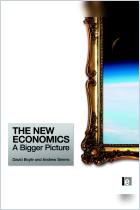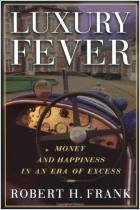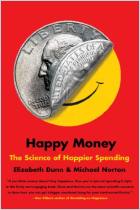
Scroogenomics
Why You Shouldn't Buy Presents for the Holidays
Recommendation
People are conditioned to think that holiday spending is good for the economy. Even fiscal analysts read seasonal retail spending as an indicator of good or bad times. However, University of Pennsylvania professor Joel Waldfogel takes an economist’s look at gift giving and pronounces it wasteful. Every time you receive a gift that’s not what you want, the item loses value. For example, you wouldn’t pay more than $10 for the ugly orange teapot Aunt Bea bought you for $50. What’s the solution? Cash, of course, but giving cash is often seen as being in bad taste. How about gift cards? A little bit better, theorizes Waldfogel, but people don’t always redeem gift cards, which generates waste as well. getAbstract recommends this grumpy professor’s analysis of Christmas spending, which manages to be simultaneously fun and serious. Those with an interest in economics or a passion for looking at revered institutions from a fresh perspective will enjoy this little text. And, it makes a great stocking stuffer.
Summary
About the Author
Joel Waldfogel chairs Business and Public Policy at the Wharton School of Business, University of Pennsylvania. He wrote The Tyranny of the Market and the article that sparked this book, The Deadweight Loss of Christmas.


















Comment on this summary or Diskussion beginnen